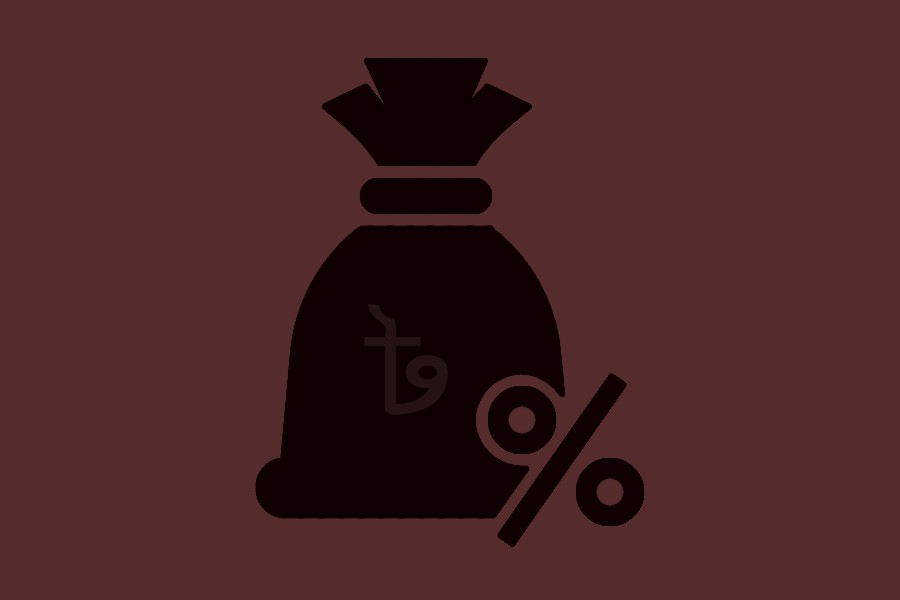Once there was a time when tax rates, be it personal income tax, or one on the earnings of the companies, were higher in the advanced economies than those in the least and developing ones. But the trend has been reversed recently and many advanced economies, including the US and the UK, lowered tax rates drastically. They argue that this would leave more money with the private people and institutions to make investment in the economy. But the classical argument in favour of taxing the people and income-earning agents like the companies is, however, to make them rich so that they can have more of disposable incomes to consume and reinvest.
On the other hand, governments in the countries having high rates of taxes need to invest comparatively more money than the private people. But this route of investment, many people think, does not lead to the maximisation of wealth creation in society as public expenditure turns out to be costlier than private investment. The main economic argument behind leaving more income with the private people is that private people know better as to how their welfare can be maximised, whereas the state does not know when it acts on behalf of the private people.
From such a reasoning, the market fundamentalists want to argue that it is better to leave the private people's income with them than taking the same by the state through taxation for the purpose of so-called investment and providing citizens with social welfare benefits. No matter how good this argument may be, the state nowhere in the world leaves citizens without taxing. May be, the state needs money not for investment - but for providing social goods and collective security. This can only come from taxing the citizens who live within its boundary. Can there be any state without taxation or so to say, earnings? It just cannot be. May be, earning of the state comes from sources like selling natural resources other than taxing its citizens, but it must have earnings.
However, how much money a state should have for its security and other services, and for that matter, how much tax it should impose on its citizens remains a matter of controversy. Whether a state with a high tax-GDP ratio is a better performing one than the one with a lower such ratio remains an unresolved issue. There is no clear-cut argument for high tax-GDP ratio or, for that matter, of high tax rates, but still many economists and policymakers argue in favour of high tax-GDP ratio. Very few economists or policymakers are found to be arguing that a better option would be to spend less by the state and leave more money with the people.
A relatively high tax-GDP ratio is not the function of the tax rates alone, rather, that is more of a function of how efficiently the tax authority collects taxes from the people.
If more people pay more tax, then even a lower rate will result in more tax revenue for the government or a high tax-GDP ratio. Also, this ratio depends on the level of the economy - an economy generating more income is expected to have a higher tax-GDP ratio compared to the one generating less income. The state can levy a higher tax rate on the rich. They will also feel a sort of tax burden, but that will still be less than the same to be felt by the poor with the same tax rate. The basic principle of tax says that the rich are to pay tax at a higher rate and the same reasoning also goes to argue that unearned income be taxed at a higher rate. Incomes that have distributive effect are normally taxed at a lower rate - such as, tax on the dividend income.
Also, the retained earnings or undistributed income of the companies, if invested, are not taxed. Because, such investment generates more employment and makes room for future income flows. Tax policy is also used to bring distributive justice in society. Here lies the argument as to why income from the listed companies with the bourses is taxed at a lower rate than the companies not listed or so. Overall tax rates in a country are kept low just to make the economy competitive globally. Also, a lower tax rate is used to lure more FDI (Foreign Direct Investment) from abroad as the foreign investors tend to see which countries offer them a better tax option.
Although still on a small scale, Bangladesh is a global player now. It should see whether its tax regime is in alignment with those of the other countries. It should also verify whether the tax regime is a good one for its objective of attracting more investment in the economy. High tax rate does not necessarily bring more revenue for the government. Rather, a low tax rate encourages people with taxable incomes to come forward to pay tax with more transparent disclosures.
Abu Ahmed is Professor of Economics, University of Dhaka.


